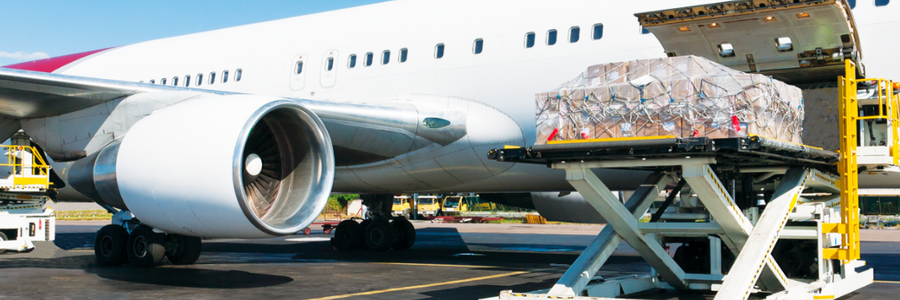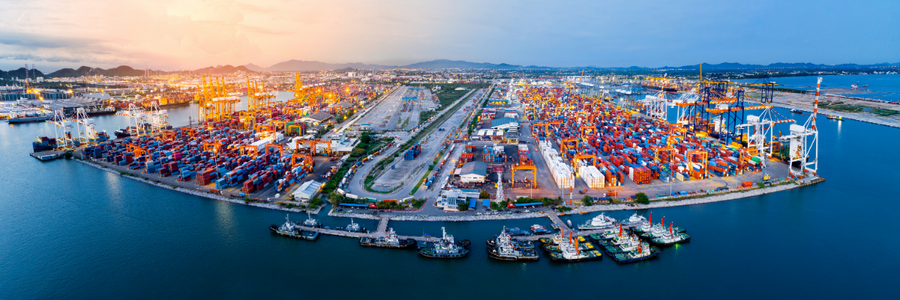CANADA - Over 155,000 public sector workers are on strike, effectively shutting down approximately 30 different government departments in Canada.
Read MoreEU: Import Control System 2 (ICS2) Release 2 Takes Effect March 1st
Beginning March 1 2023, freight forwarders, air carriers and all economic operators involved in handling, sending, shipping and transporting cargo, express or postal consignments to or via the EU by air are required to comply with new advance data reporting procedures know as Import Control System Release 2 (ICS2).
Read MoreLogistics Trends & Analysis: A Deeper Look at the Global Transportation Freight Market
Source: ReportLinker
The total movement of products over an inland transportation network is referred to as freight transport. All supply chains and logistical systems rely heavily on freight transportation. The market’s growth is linked to the affordable shipping costs set by suppliers of freight transport services and the many free trade agreements between nations.
Read MoreSupply Chain and Logistic Trends for 2023
Article by: Chris Jones, Executive Vice President of Industry Services, DeCartes
Source: Supply Chain Brain
A number of macroeconomic and geopolitical challenges, as well as significant learnings about risk and disruption, are setting shippers and logistics service providers (LSPs) down different paths in 2023 and beyond. Looking at research and analysis combining economic, demographic and industry insight, six significant trends have emerged for 2023.
Read More5 Ways Supply Chains Can Flourish in an Inflationary World
Article by: Nari Viswanathan
Source: Supply Chain 24/7
Supply chain and procurement professionals are being called to manage their organizations' value chains in highly challenging macroeconomic conditions, it is important to have visibility into inflation indices like the consumer price index and producer price index inflation.
National Motor Freight Classification Changes Take Effect on 8/13/22
Important changes to the National Motor Freight Classifications (NMFC) will take place on 8/13/22.As a best practice, shippers should be aware of these revisions and act accordingly when preparing LTL freight or work with organizations like BTX Global Logistics to correctly comply with the new requirements.
New Lithium Battery Air Shipping Regulations Take Effect 4/1/22
Source: Hazmat University, Bureau of Dangerous Goods
If it feels like “new year, another new lithium battery rule," that’s because it is. As lithium battery technology changes and more is learned from battery incidents, the regulations are bound to change to keep battery shipments safe during transport.
What Freight Carriers Should Know About Biden’s Transportation Review
Article by: John Gallagher
Source: FreightWaves
5 Predictions for Retail Supply Chains in 2021
Article by: Andrew Cox
Source: FreightWaves
Rather than recapping 2020, I’d rather look onward. There have been a ton of retail supply chain changes this past year. Some will last, others will not. Let’s collectively lick our wounds and look forward. Here’s 5 predictions for the retail supply chain in 2021.
Read MoreCross-Border Logistics Trends to Expect in 2021
Article by: Deepak Chhugani
Source: Material Handling & Logistics
The transportation and logistics industry faced plenty of changes this past year due to new customs/border regulations as well as a pandemic. Following are some observations for 2021 that will be critical to manufacturers, shippers and customers moving into the new year.
Read More















-1.png)








.png)